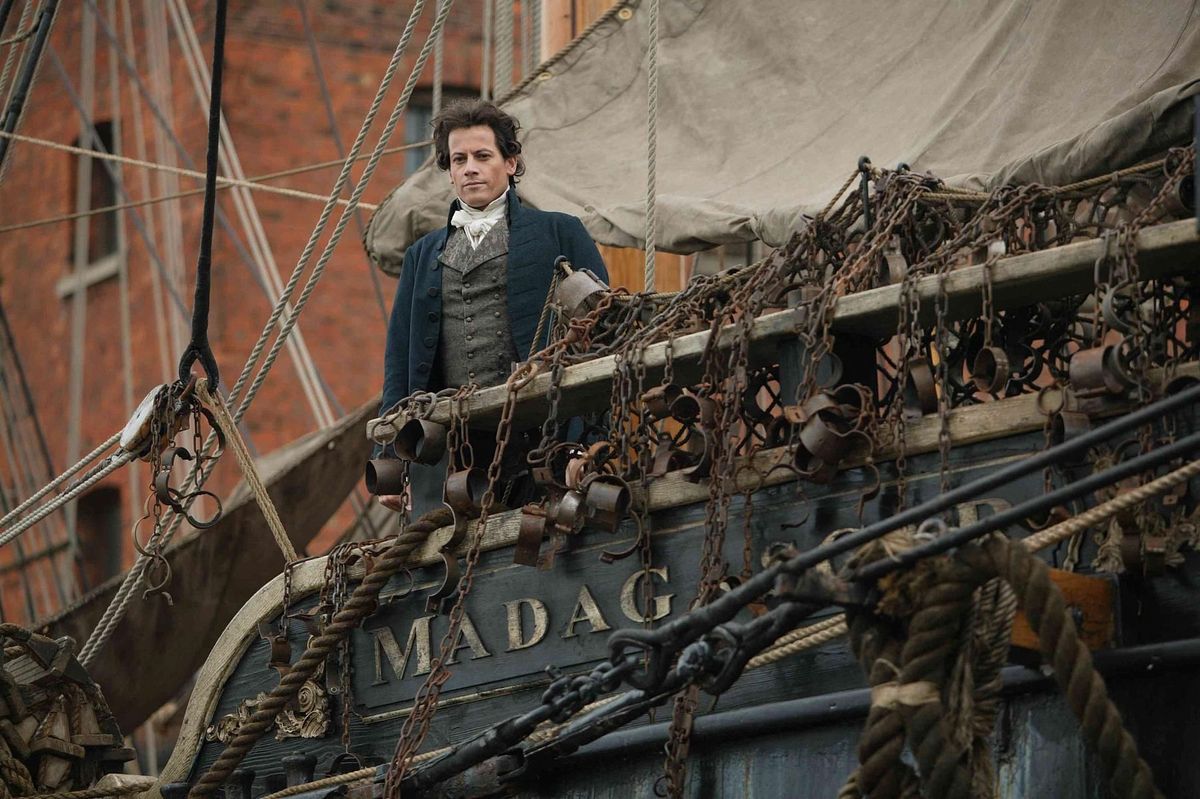William Wilberforce: The End of Slavery
I want a day when you let the oppressed go free.

Key words
- Activism: direct and noticeable action to achieve a political or social result
There has been a lot of political activism in the universities.
- Slave trade: the buying and selling of people especially of African people
Wilberforce began speaking out against the slave trade in Parliament.
- Conversion: a process in which someone changes to a new religion
Her conversion to Christianity was a very gradual process.
- Abolish: to end an activity or custom officially
I think bullfighting should be abolished.
- The Enlightenment: the period in the 18th century when many people began to emphasize the importance of science and reason
The Enlightenment was used to defend people against tyranny.
Read the article to find the answers
- What is William Wilberforce most famous for?
- What happened in his early twenties?
- What did he think the Enlightenment needed?
- Which organizations did he help to create?
His Calling
William Wilberforce was born into a wealthy family in England, in 1759. As a young man, he was not religious, but in his early twenties he had a profound experience that led him to become a committed Christian.
For Wilberforce, his faith was not just a private matter, it was something that had real-world implications for how he lived his life. He saw his faith as calling him to serve others, and work for justice. He believed that his position of privilege came with a responsibility to use his resources to help those less fortunate.
His Activism
One of the most important ways Wilberforce put his faith into action was through his work to abolish the transatlantic slave trade. In the late 18th century, the slave trade was a thriving industry, with ships transporting millions of Africans to the Americas to be sold. Wilberforce was deeply troubled by the suffering and injustice of the slave trade, and felt it was his Christian duty to call for its end.
Wilberforce began speaking out against the slave trade in Parliament in the 1780's, but it took him over 20 years of campaigning before he was finally able to achieve his goal. In 1807, the British government passed the Slave Trade Act, which prohibited the buying and selling of slaves in the British Empire. Wilberforce continued to work for the total abolition of all slavery until his death in 1833.
His Inspiration
Wilberforce was inspired by the Enlightenment's focus on the use of human reason, which was gaining popularity at the time. But for Wilberforce, the focus on scientific reasoning was not enough. He believed that the Enlightenment needed a moral foundation based on Christian faith, that faith and reason should work together to create a better world.
Wilberforce's faith also gave him the hope and optimism that sustained him through the long and difficult struggle to abolish slavery. He believed that God was on the side of those who worked for good in the world.
His Impact
William Wilberforce was also involved in founding and supporting various organisations during his lifetime. One of the most important organisations he helped to found was the Church Missionary Society in 1799 which spread Christianity to other parts of the world.
The British and Foreign Bible Society was another organisation that Wilberforce supported. It was founded in 1804 with the aim of making Bibles more widely available.
Wilberforce also helped to found the Society for the Prevention of Cruelty to Animals in 1824. It was the first organisation of its kind in the world and aimed to promote kindness and prevent cruelty to animals. It is now known as the RSPCA.
Discussion questions
- Do you have any questions about any of the vocabulary or grammar in this article?
- Do you know the Bible passage quoted at the top of this article?
- Have you seen the 2006 movie, 'Amazing Grace'?
- What kind of organizations do you think your country needs?

Book a Lesson
Improve your English language communication skills by practicing with a qualified and experienced native speaker.





